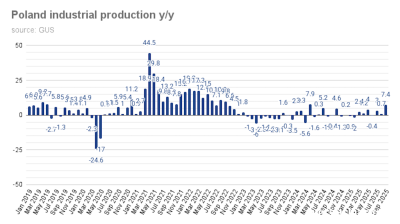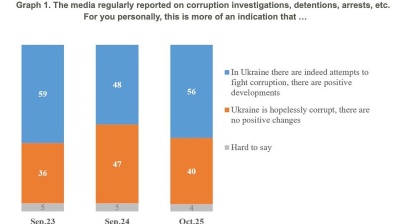New passenger car registrations in the Visegrad Four countries grew strongly across the first half, with the performances of the Czech Republic (8.8% y/y), Hungary (19.2%), Poland (17.2%) and Slovakia (11.2%) helping to offset much more modest growth rates across Western Europe, the European Automobile Manufacturers Association (ACEA) said on July 14.
Bulgaria (19.3%), Croatia (23.6%), Estonia (13.4%), Lithuania (19.7%), Romania (27.0%) and Slovenia (11.6%) also recorded comparatively impressive growth. Among the young EU member states, only Latvia (-1.0%) was an outlier.
During H1, overall EU demand for passenger cars grew 4.7%, with more than 8mn new vehicles registered, according to ACEA’s figures.
In terms of June alone, the association observed: “Noteworthy was the strong performance of the new EU member states (+12.0%), making a significant contribution to the region’s results.”
Comparing the outcome with what was seen during the month in the "Old EU", it said: “Results among the five big markets were rather diverse, with Italy (+12.9%) and Spain (+6.5%) performing very well, while the UK and Germany saw registrations decline (‐4.8% and ‐3.5%, respectively).”
The strength of new car sales might indicate that Emerging Europe has in many ways very much turned the corner following great difficulties in the wake of the 2007/2008 financial crisis, but the IMF was this week among voices warning of economic and political difficulties ahead. Poul Thomsen, head of the IMF European Department, told an IMF conference in Dubrovnik, Croatia, that the economic growth potential of Central and Eastern Europe (CEE) and Southeastern Europe (SEE) has halved in the past decade and that rapid outflows of skilled workers are adding to the dilemma.
Across CEE, industrial enterprises have lately been complaining loudly of an acute shortage of skilled workers. Orders are being turned away while very low unemployment levels and the lack of manpower available to companies mean workers are well positioned to push for chunky pay rises.
Data

Chobani yoghurt king Hamdi Ulukaya becomes richest Turk
Knocks Murat Ulker into second place in Forbes ranking as his company's valuation leaps to $20bn.

Poland’s industrial production jumps 7.4% y/y in September
September saw an unexpectedly sharp increase in industrial production after the surprise gain of 0.7% y/y in August.
Ukrainian M&A market grows 22% despite war, driven by local investors
Two large acquisitions by agriculture holding MHP and mobile operator Kyivstar accounted for more than half of the total deal value.

Ukraine’s credibility crisis: corruption perception still haunts economic recovery
Despite an active reform narrative and growing international engagement, corruption remains the biggest drag on Ukraine’s economic credibility, according to a survey by the Kyiv International Institute of Sociology.




